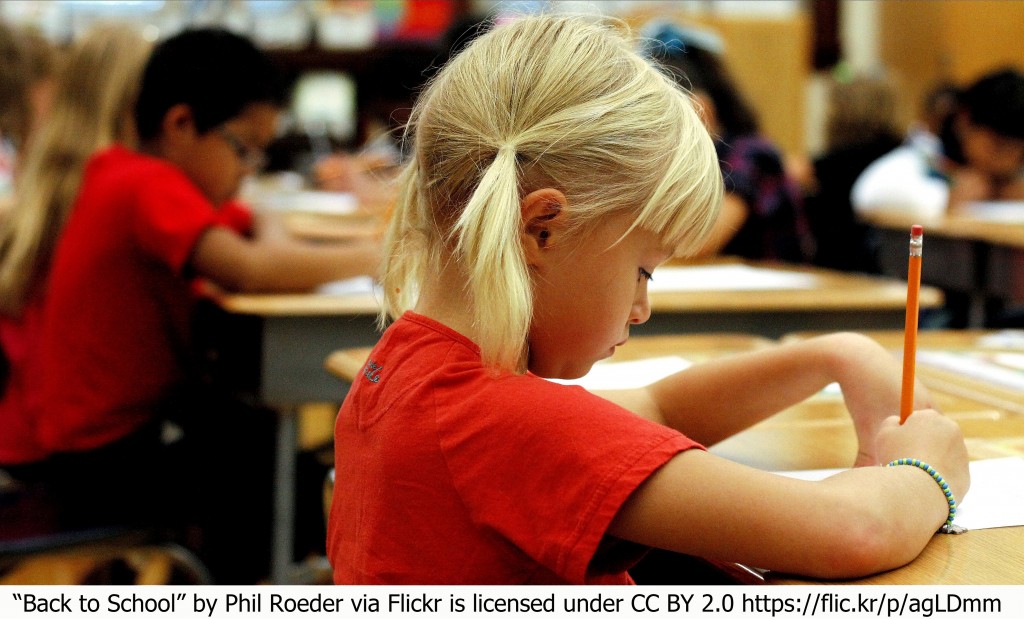 Teachers and parents of bilingual children face many challenges. Whether it’s creating a sense of community in a diverse classroom, or finding creative ways to use multicultural resources, helping a student learn a new language requires a multi-faceted approach.
Teachers and parents of bilingual children face many challenges. Whether it’s creating a sense of community in a diverse classroom, or finding creative ways to use multicultural resources, helping a student learn a new language requires a multi-faceted approach.
Because of a nationwide shortage of bilingual teachers, many ELL students are placed in mainstream classrooms with limited bilingual assistance. Those students can be successful when given the necessary support. The 10 tips and strategies below can help mainstream teachers meet the needs of their diverse classrooms.
Classroom Instruction
ELL students have more difficulty processing spoken language, so present information in a variety of ways: through pictures, videos or manipulatives.
Simplify the language, not the content. Avoid using idioms, slang, and sarcasm. Speak slowly, clearly, and use gestures.
Pair ELL students with a buddy, and build in more group work to increase student engagement and promote peer interaction.
Give ELL students preferential seating close to the front of the classroom, with other students who are inviting and like to participate.
Classroom & Homework Assignments
Use ESL materials, or allow ESL students to have a bilingual dictionary. Multilingual resources can enhance and support core standards.
Allow students to bring multilingual and multicultural books home. It promotes literacy at home and enhances parental involvement, both of which improve school success.
Stress the importance of finding the key words in assignments by highlighting or bolding them.
Testing
Minimize the number of answer choices on tests and quizzes. Don’t give any true/false questions or trick questions.
Allow students to answer questions orally, in writing, or with a picture where appropriate.
When possible, grade responses based on content, not spelling or grammar.
With a little patience, kindness and determination, you can help your ELL students successfully integrate into your classroom and support their language development.

Check out the posts linked below for ideas and freebies for your class,
& click on the last post to win a $25 gift card from our group of bloggers!






















Thanks for the great reminders. We all need to remember our job is to educate each and every child!